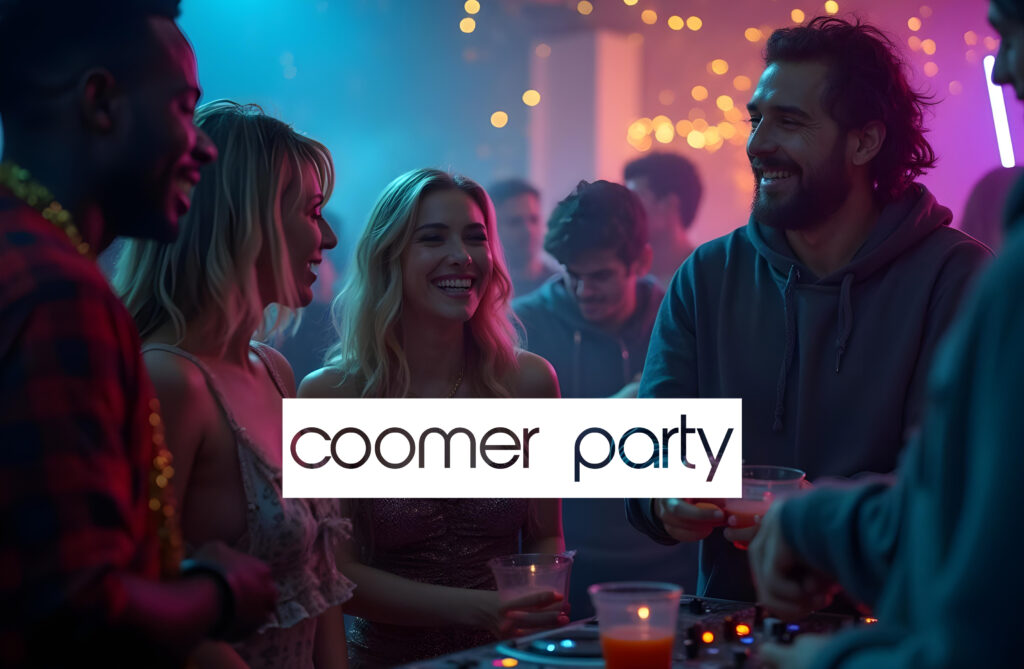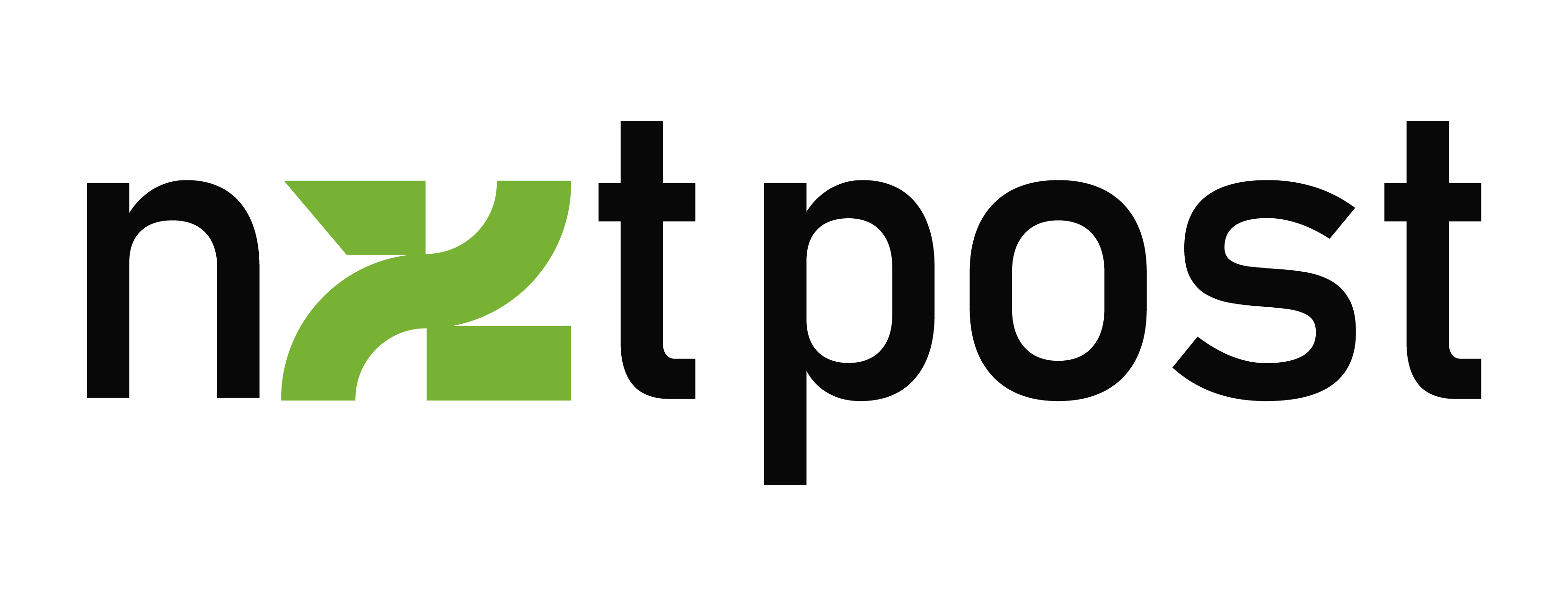A Coomer Party refers to an internet-driven phenomenon that evolved from the satirical “Coomer” meme. This meme represents an exaggerated stereotype of individuals, mostly men, who excessively consume explicit content, particularly pornography, often in a compulsive and isolating manner. The term has since expanded to signify a range of digital gatherings where participants engage in themed discussions, games, or activities, often revolving around internet culture and indulgence.
The term “Coomer” is deeply tied to meme culture, stemming from communities like 4chan and Reddit, where users humorously criticize excessive behaviors tied to modern digital consumption. A Coomer Party, in its essence, is a reflection of these behaviors—often satirical in tone, but also shedding light on the real issue of overconsumption in the digital age.
Table of Contents
The Origins of the Coomer Party
The Coomer Party has its roots in the early days of internet meme culture, with the term “Coomer” itself emerging as a caricature within online forums. Initially, it was meant to represent a specific subset of internet users who were perceived as overly indulgent in digital content, especially pornography, to the point of obsession. The meme gained traction on platforms like 4chan, where it was used to mock those who seemed trapped in a cycle of instant gratification, often at the expense of social interaction and productivity. Over time, the meme evolved, and with it, the concept of the “Coomer Party” began to take shape. What started as a satirical commentary on excessive digital consumption soon became an identifiable subculture that brought together like-minded individuals for gatherings, both online and occasionally in person, to explore the lighter and darker sides of these behaviors.
The Coomer Party was born from the combination of meme culture and real-life behaviors around digital consumption. The spread of the meme led to discussions not only about overindulgence in adult content but also about the broader impacts of digital addiction in general. These parties, although playful in nature, often bring attention to serious societal issues, including isolation and mental health challenges exacerbated by excessive online engagement. In essence, the Coomer Party became a symbolic gathering for those aware of the potential consequences of modern internet habits, blending humor, irony, and sometimes self-reflection into the fabric of the event.
The Coomer Party Experience: What Happens at a Coomer Party?
At a Coomer Party, the primary focus is on bringing people together to enjoy the satirical nature of the Coomer meme and to engage in discussions or activities that revolve around the exaggerated persona of the “Coomer.” These events can take various forms, depending on whether they occur online or in person. Online Coomer Parties typically happen on platforms like Discord or Reddit, where members share memes, videos, or articles that poke fun at the compulsive behaviors associated with the “Coomer” identity. In-person events, although less common, may involve thematic decorations, meme-related games, or discussions that explore how digital behaviors impact everyday life.
The atmosphere at a Coomer Party is usually light-hearted, with an emphasis on humor and community building. Participants are encouraged to share their personal experiences, sometimes through the lens of irony, about the struggles of managing screen time and resisting the temptations of digital content. These parties are often filled with activities that engage guests, such as meme contests, trivia games based on internet culture, or even light-hearted debates about the role of technology in modern life. The primary goal of the Coomer Party is to create a sense of camaraderie among participants, offering them a space where their experiences with digital addiction are understood, while also keeping the tone playful and self-aware.

The Social and Cultural Impact of Coomer Parties
Coomer Parties, while born out of meme culture, have a much deeper social and cultural significance. At their core, these gatherings highlight the growing struggle many individuals face with digital overconsumption, particularly the compulsive use of adult content. This has larger implications for mental health and social well-being. Digital addiction, driven by the constant accessibility of explicit material, has been linked to feelings of isolation, anxiety, and depression. The Coomer Party, by presenting these issues through humor, offers a platform for open dialogue about the difficulties people encounter in maintaining a healthy balance between their online and offline lives.
Coomer Parties also represent a broader commentary on modern society’s relationship with technology. The meme itself, while humorous, reflects the challenges that come with managing screen time and staying grounded in the physical world amidst the overwhelming lure of digital distractions. Moreover, Coomer Parties highlight the potential for community in online spaces, even when the topic revolves around humor and internet addiction. For many, participating in these events offers a way to feel less alone in their struggles, providing a shared space where the absurdities of modern life are acknowledged and laughed at, rather than judged or ignored.
Criticisms and Controversies Surrounding Coomer Parties
Despite their humorous and satirical origins, Coomer Parties have not been without criticism. One of the main points of contention is the ethical and legal concerns raised by the sharing of explicit content during these events. Even in online spaces, where many Coomer Parties take place, the boundary between satire and inappropriate behavior can blur. For instance, sharing or distributing adult material in these settings can raise significant privacy and consent issues, especially when content is shared without proper permissions. Additionally, the nature of these events sometimes leads to an unhealthy reinforcement of digital addiction, perpetuating the very behaviors they aim to satirize.
There is also a broader social critique of Coomer Parties, with some arguing that they trivialize serious issues like pornography addiction, mental health struggles, and societal expectations around sexuality. While the meme may provide a lighthearted way to discuss these topics, some feel that it downplays the genuine harm that excessive digital consumption can cause. Critics argue that by masking these issues in humor, Coomer Parties may discourage meaningful conversations about addiction, mental health, and the steps needed to address these problems in a serious and constructive way. Furthermore, the meme’s origins in male-centric internet communities have led to accusations that it perpetuates negative gender stereotypes, portraying men as more susceptible to these addictive behaviors while excluding or ignoring the impact on other genders.

Hosting or Attending a Coomer Party: What You Need to Know
For those interested in hosting a Coomer Party, the key to success lies in understanding both the humorous and social aspects of the event. These gatherings typically involve themes related to digital indulgence, making the atmosphere both fun and self-aware. To host a Coomer Party, you need to ensure that the space, whether online or in person, is welcoming and reflects the playful tone of internet culture. Online Coomer Parties are often held on platforms like Discord or Zoom, while in-person events may take place in homes or rented venues. Decorations and activities should center around meme culture, and games like meme trivia or competitions for the best “Coomer meme” can keep guests engaged. It’s important to curate an environment where participants can bond over their shared experiences with digital life in a lighthearted, humorous way.
When attending a Coomer Party, the experience may vary based on the type of event being held. Virtual parties often revolve around content-sharing, meme-based discussions, or social activities like games and quizzes, while in-person gatherings may include more interactive and creative elements like costume contests or themed setups. It’s also important to be mindful of the event’s boundaries, as Coomer Parties can sometimes blur the line between humor and unhealthy behaviors. If explicit content is shared, hosts and participants need to ensure that all materials are appropriate and consensual. Whether attending or hosting, the emphasis should remain on fun, community, and enjoying the satirical nature of the event without crossing into harmful territory.
Conclusion
As digital culture continues to evolve, the Coomer Party phenomenon will likely shift along with it. The appeal of these events lies in their satirical nature and the shared experience of digital overindulgence, but their future will depend on how internet culture adapts to changing social attitudes around technology and mental health. With more awareness around the negative impacts of excessive screen time and digital addiction, Coomer Parties may either fade into obscurity or evolve into more nuanced gatherings that focus on healthier digital habits. As meme culture adapts and grows, so too will the themes and dynamics of Coomer Parties, reflecting the ongoing conversation about balance in our digital lives.
READ MORE : Retro Bowl Unblocked 66: The Ultimate Guide to Football Gaming Fun


